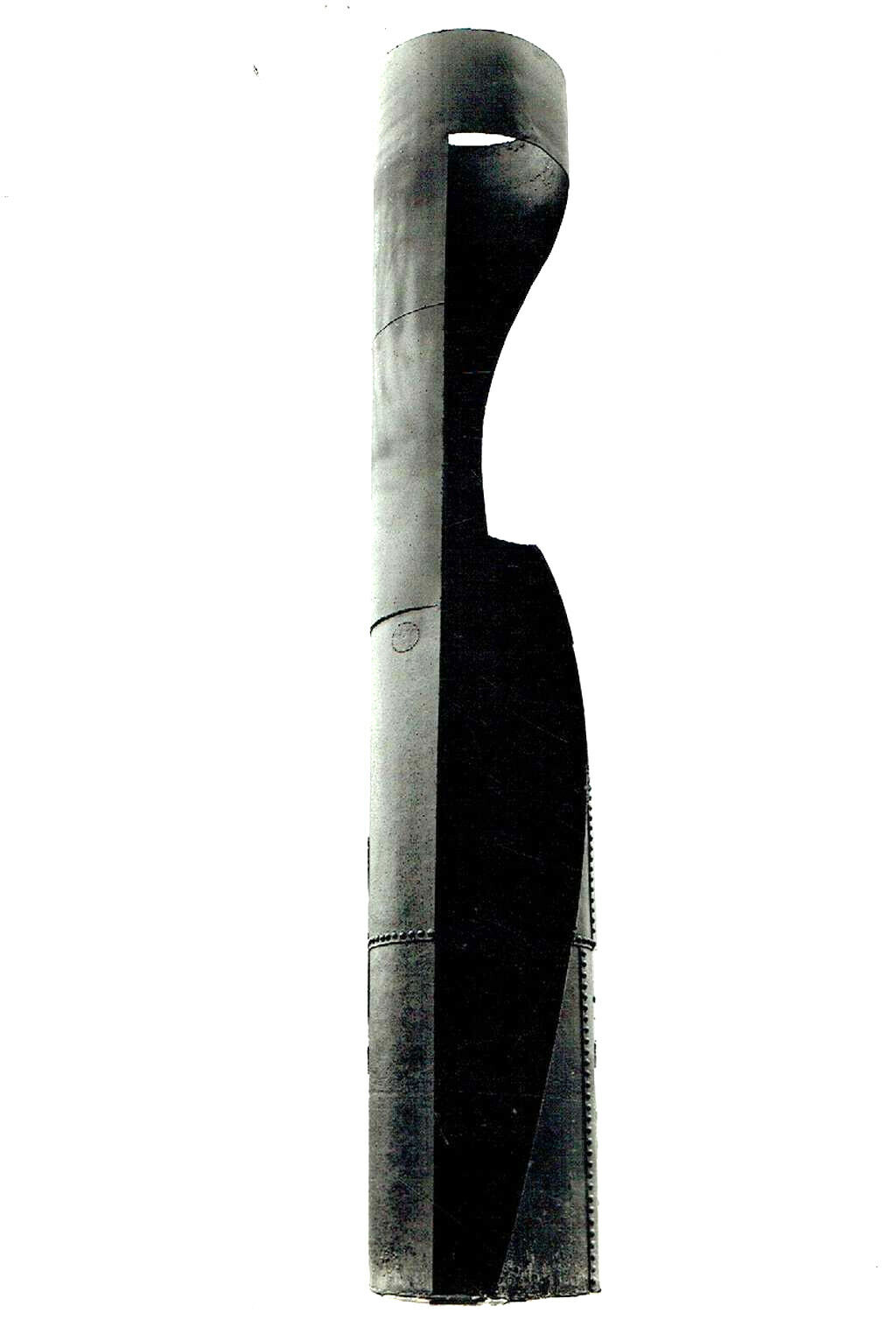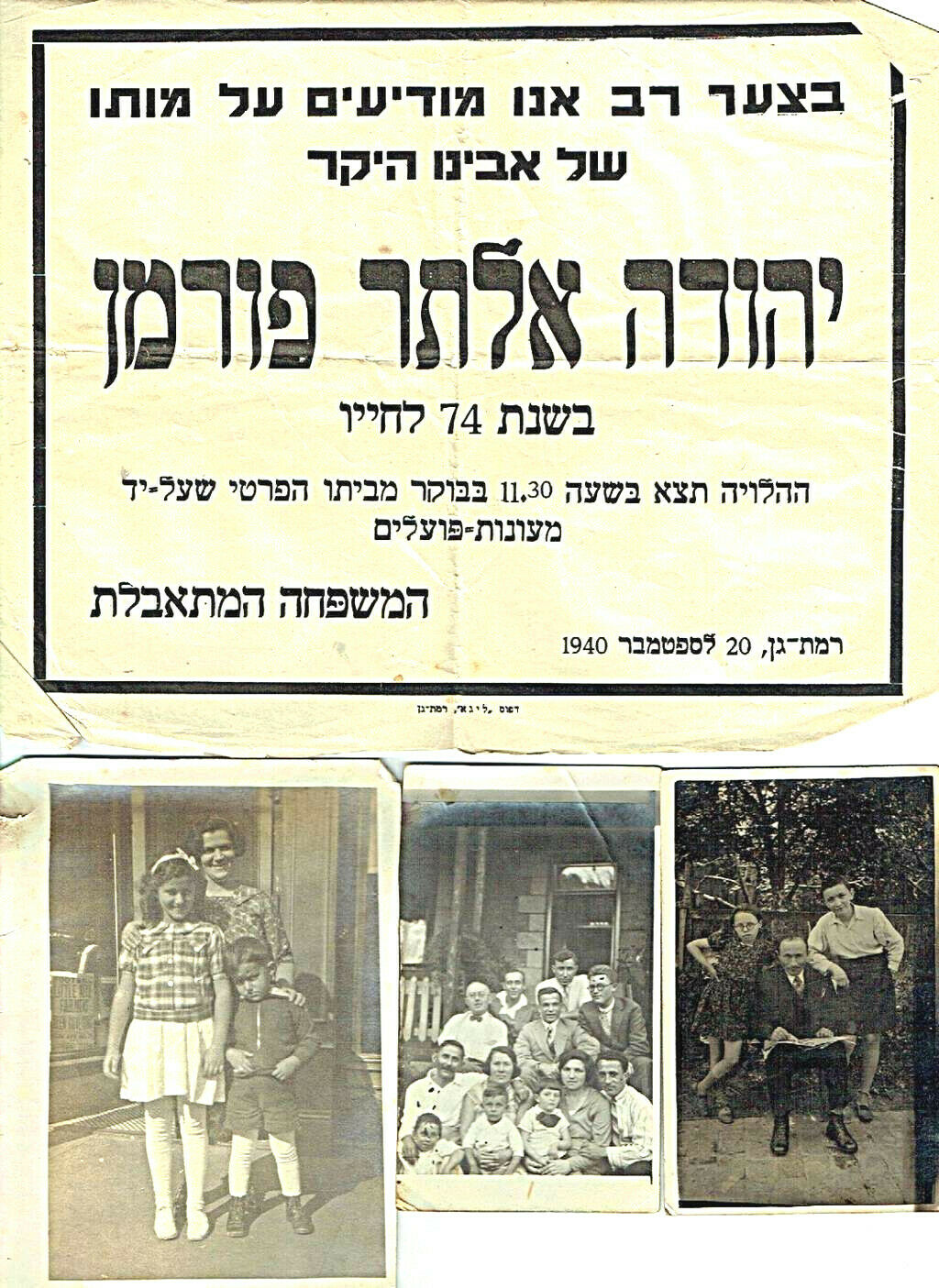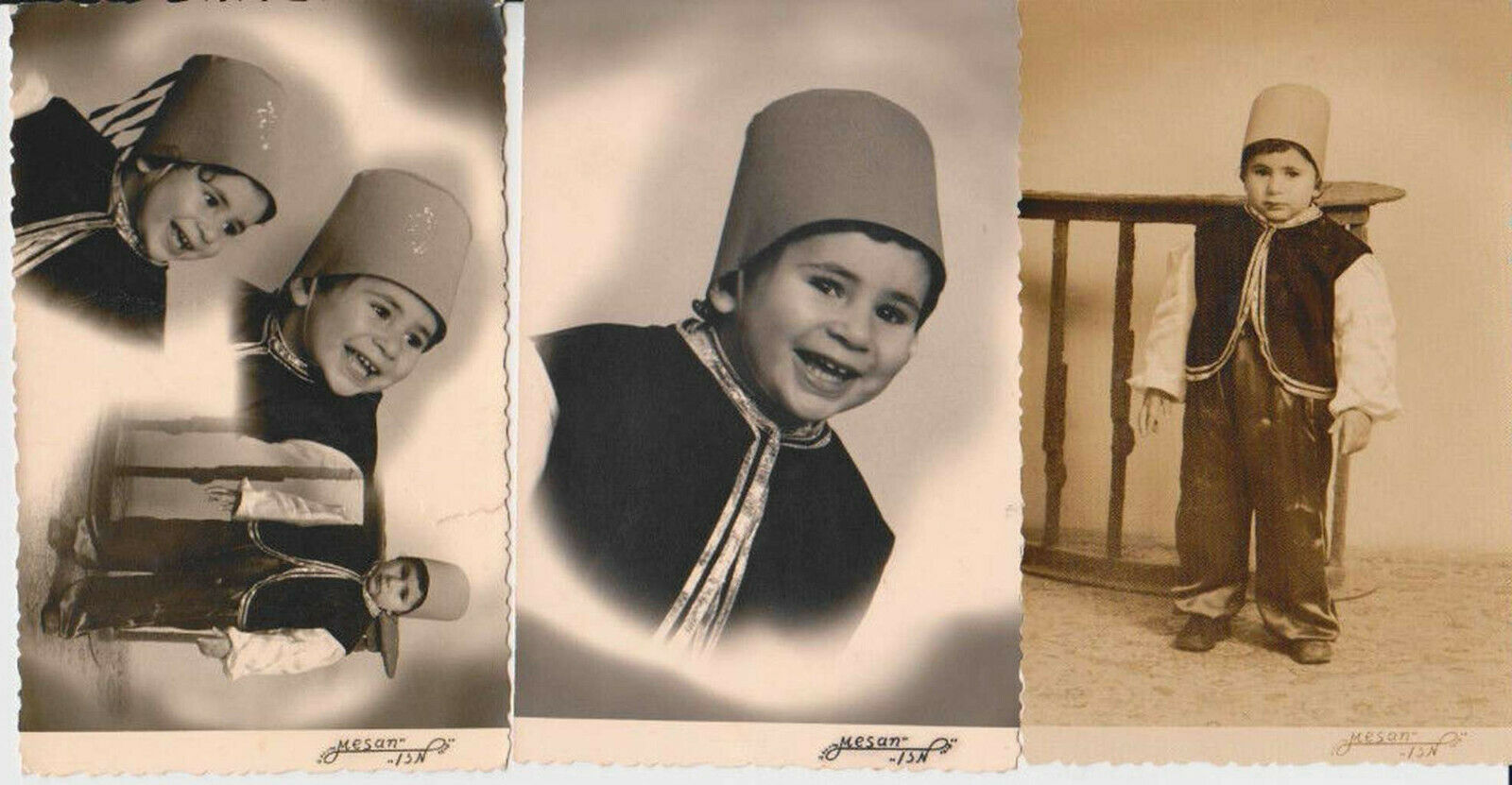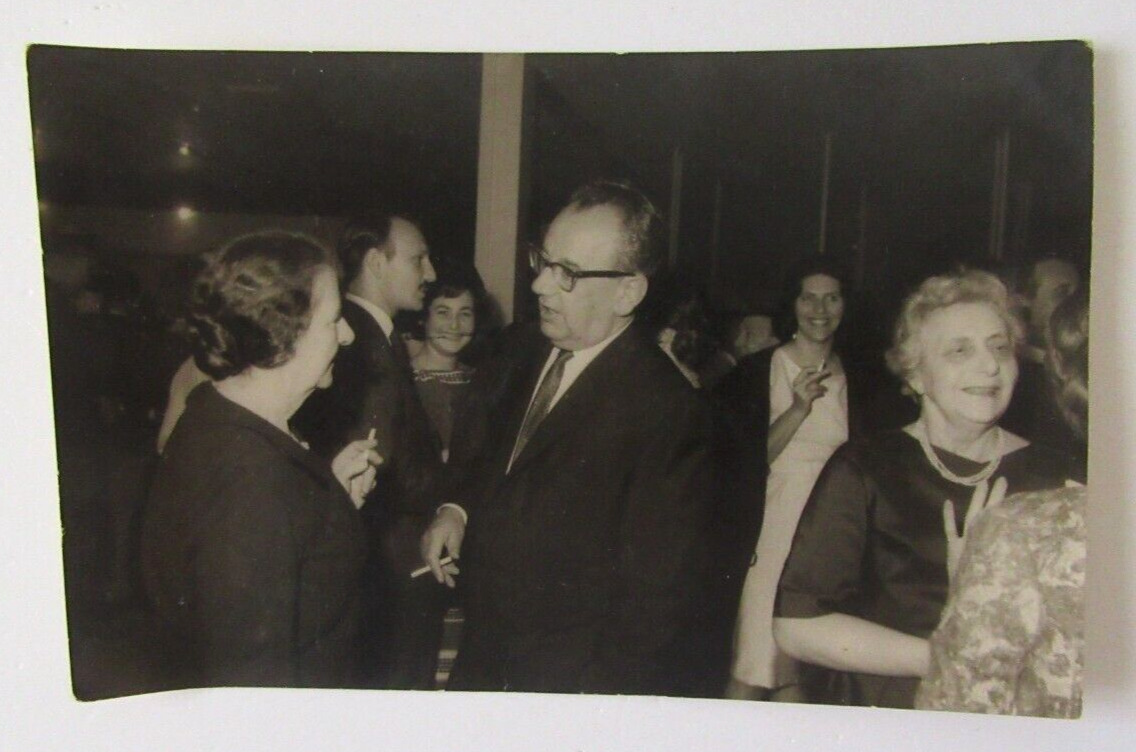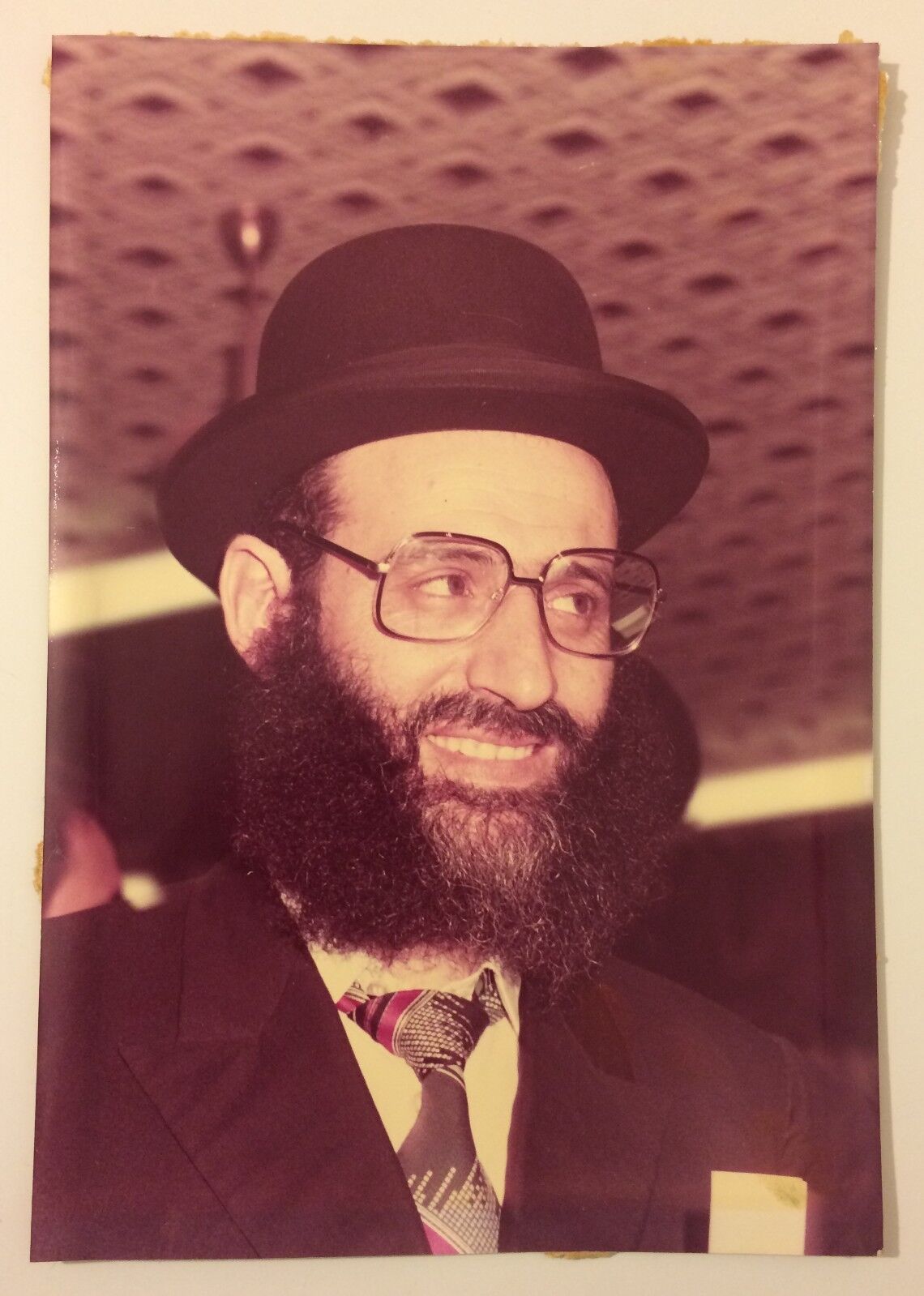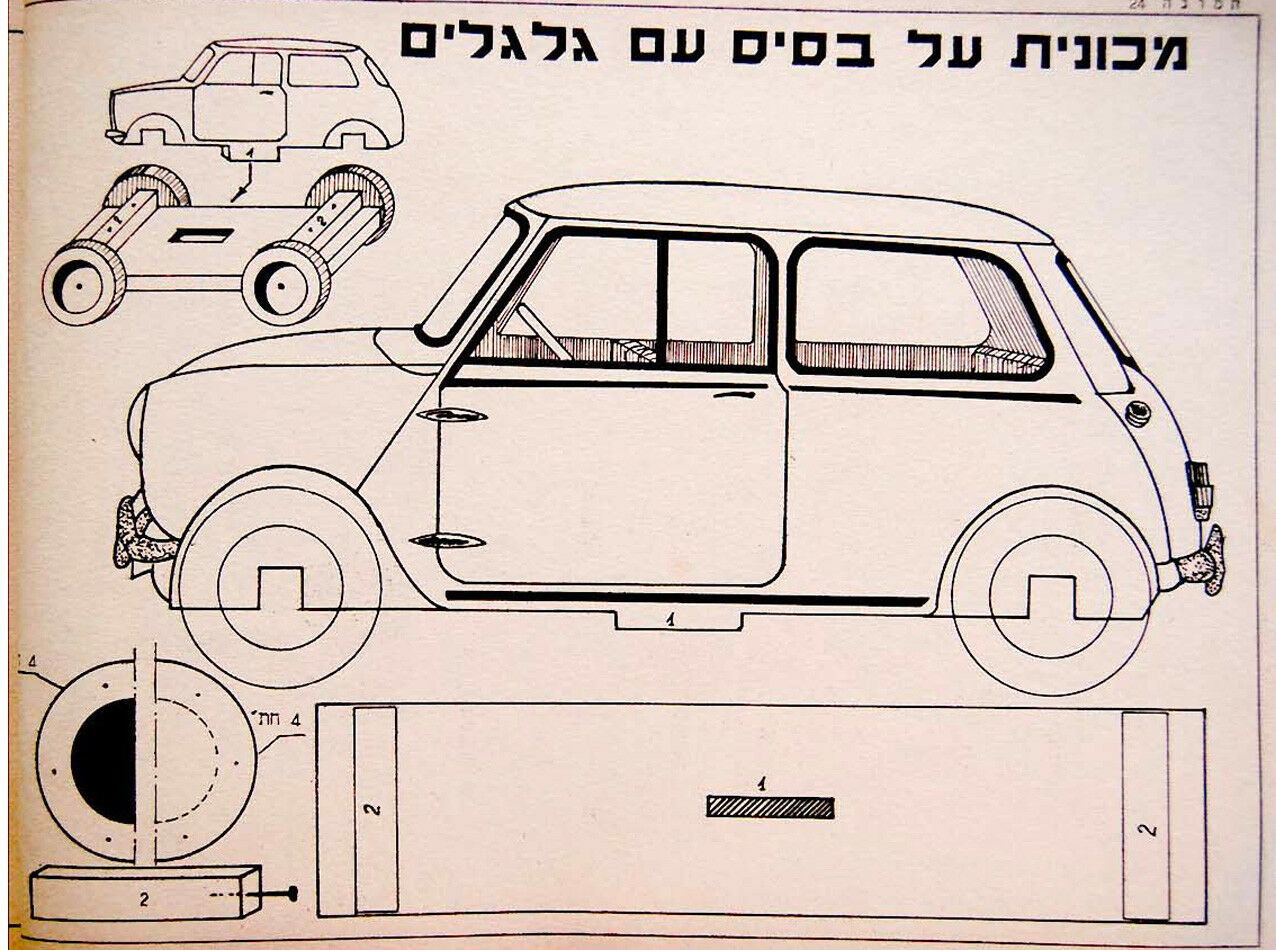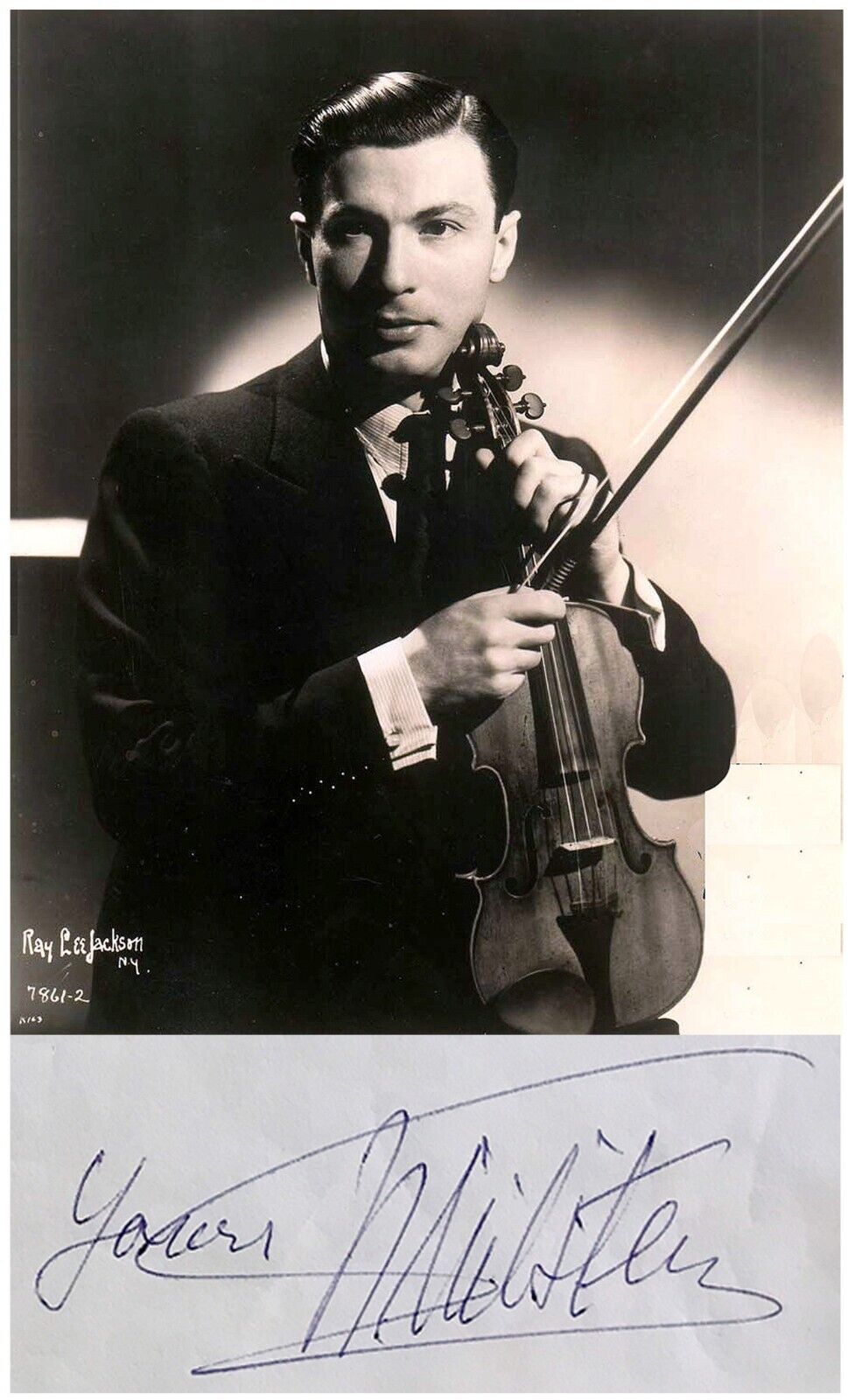-40%
1950 Haifa MUSICAL POSTCARD 33 RPM Record BAHA'I SHRINE of BAB Israel HEBREW
$ 22.33
- Description
- Size Guide
Description
DESCRIPTION :Here for sale is a quite rare LARGE photo POSTCARD ( 6.5" x 8" ) of the
The BAHA'I Shrine and GARDENS of the Báb
in HAIFA ISRAEL , Being actualy a 33 RPM recoed ( Called MUSICAL CARD by its publishers ). The PHOTO is colorful .The POSTCARD is from the mid-late 1950's up to the early 1960's . Thin cardboard. Devided back. Postaly unused. 6.5" x 8" . Quite good condition . I doubt it that the record still can be played.
( Please look at scan for an accuirate AS IS image ) .
Postcard will be sent inside a protective rigid package
.
PAYMENTS
:
Payment method accepted : Paypal
.
SHIPPMENT
:
Shipp worldwide via registered airmail is $ 19 .
Postcard will be sent inside a protective rigid package
.
Handling around 5 days after payment.
Siyyid `Alí Muḥammad Shírází Persian:
سيد علی محمد شیرازی
; October 20, 1819 – July 9, 1850) was the founder of Bábism, and one of three central figures of the Bahá'í Faith. He was a merchant from Shíráz, Persia who, at the age of twenty-four (on May 23, 1844), symbolically claimed to be the promised Qá'im (or Mahdi). After his declaration he took the title of Báb Arabic:
باب
) meaning "Gate". He composed hundreds of letters and books (often termed
tablets
) in which he stated his messianic claims and defined his teachings, which constituted a new
sharí'ah
or religious law. His movement eventually acquired tens of thousands of supporters, was opposed by Iran's Shi'a clergy, and was suppressed by the Iranian government, leading to the persecution and killing of thousands of his followers, called Bábís. In 1850, at the age of thirty, the Báb was shot by a firing squad in Tabriz. Bahá'ís claim that the Báb was also the spiritual return of Elijah and John the Baptist, that he was the
saoshyant
referred to in the Zoroastrian scriptures, and that he was the forerunner of their own religion. Bahá'u'lláh, the founder of the Bahá'í Faith, was a follower of the Báb and claimed to be the fulfillment of his promise that God would send another messenger. The Shrine of the Báb is a structure in Haifa, Israel where the remains of the Báb, founder of Bábism and forerunner of Bahá'u'lláh in the Bahá'í Faith, have been buried; it is considered to be the second holiest place on Earth for Bahá'ís, after the Shrine of Bahá'u'lláh in Acre. Its precise location on Mount Carmel was designated by Bahá'u'lláh himself to his eldest son, `Abdu'l-Bahá, in 1891. `Abdu'l-Bahá planned the structure, which was designed and completed several years later by his grandson, Shoghi Effendi. Crowning the design, as anticipated by `Abdu'l-Bahá, is a dome, which is set on an 18-windowed drum. That, in turn, is mounted on an octagon, a feature suggested by Shoghi Effendi. An arcade surrounds the stone edifice. A restoration project of the exterior and interior of the shrine started in 2008 and was completed in April 2011.The Terraces of the
Bahá'í Faith
, also known as the Hanging Gardens of Haifa, are garden terraces around the
Shrine of the Báb
on
Mount Carmel
in
Haifa
,
Israel
. They are one of the most visited tourist attractions in
Israel
. The architect is
Fariborz Sahba
from
Iran
, the structural engineers are Karban and Co. from Haifa. Along with the
Baha'i Holy Places
in Western
Galilee
, it is a
UNESCO
World Heritage Site
. These gardens, located in the heart of Haifa, comprise a staircase of nineteen terraces extending all the way up the northern slope of Mount Carmel. The golden-domed Shrine of the Báb, the resting place of the Prophet-Herald of the Bahá’í Faith, stands on the central terrace, looking across the bay towards ‘Akko. While different parts of the gardens offer a variety of experiences, they speak in a common language of graveled paths, hedges and flower beds groomed and nurtured by dedicated gardeners. The gardens frame panoramic views of the city, the Galilee Hills and the Mediterranean Sea. ebay984





